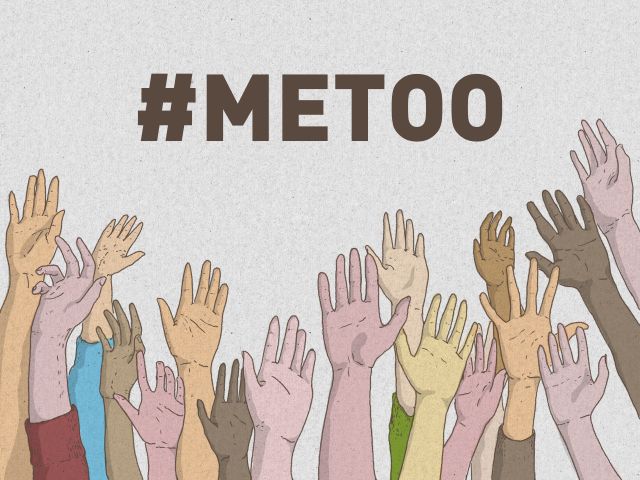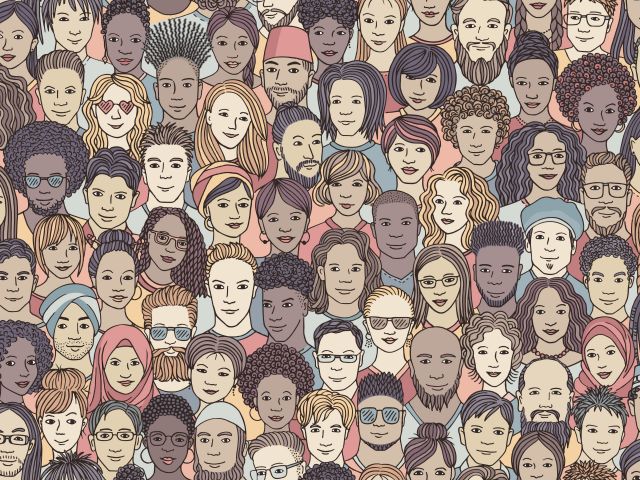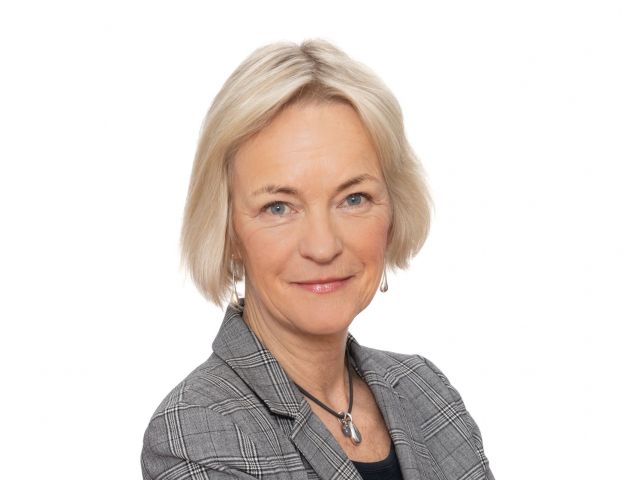CBS wants to be more diverse and to reduce the gender gap

"One of the first things we will focus on in the plan is that we need to educate our local leaders at CBS so that they understand differences among their staff and see those variations as a strength and necessity," says Equal Opportunities Officer Alex Klinge.
CBS is struggling to achieve gender balance in some areas of the organization. Therefore, a gender equality plan has been introduced to help even out differences and create a more inclusive and diverse culture. “We don’t want to just lean back and accept that, for example, more men are occupying professorships than women. We need to address these issues,” says Alex Klinge, one of the authors of the gender equality plan.
In 2021, CBS President Nikolaj Malchow-Møller and Associate Professor and Equal Opportunities Officer, Alex Klinge, among others, sat down to design a plan for reducing the gender gap that exists in some parts of CBS.
The inequality becomes particularly apparent the higher up the academic ladder you get. Eighty percent of professorships at our university are occupied by men and only two women hold the title Head of Department out of 11 spots otherwise dominated by men.
According to Alex Klinge, this is partly because many women still end up as the primary caregivers in young families while many men become the primary breadwinners.
“Some women tend to scale down their job ambitions when entering motherhood and instead focus on being the family caregiver. This creates an imbalance, leaving more spots open for their male counterparts. Also, many families choose parental leave based on salary levels. And typically, men have the highest salaries, so they carry on working, while the women take maternity leave,” he says.

These issues reflect the norms of society and therefore there are no quick fixes. Changing a culture requires time to take effect, but meanwhile, CBS wants to ensure a more flexible working environment aimed at parents returning from prolonged parental leave, Alex Klinge explains.
“We’ve already been helped by the new shared paternity leave plan provided by the government, but we still need to make returning from leave easier for parents. Both men and women must be able to have functional lives both at work and at home. That’s why we are looking into giving parents more flexibility in their work hours after parental leave, so they can pick up children and so on,” he says.
Male and female professions?
In other parts of CBS, the gender balance tips in favor of women, for example, in the administrative departments. The HR Departments are primarily dominated by women, Alex Klinge points out. Yet at IT Support, another administrative unit, we see a lot more males than females, he elaborates.
“We have some persistent and culturally inherited ways of perceiving professions as either male or female. Technology has historically been a male dominated profession, where caregiving, i.e. as nurses or teachers, has been viewed as a more female occupation,” Alex Klinge explains and adds:
“This has nothing to do with qualifications, but instead involves cultural understanding that has been passed on through generations.”

And even though the majority of students attending their bachelor program at CBS are almost evenly mixed in terms of the balance between men and women, some education programs still tend to be dominated by either female or male students.
“It is quite stereotypical that in mathematical, accounting, economics and maritime education programs, we see far more male than female students. On the other hand, female students dominate communication and psychology programs,” the Equal Opportunities Officer explains.
“This is why we really want to change the idea that some professions are male or female. We can do that by changing the way we communicate and brand our education programs. You do not have to be a man and wear a grey suit to take an economics class. And studying psychology and communication is not solely aimed at women,” Alex Klinge says.
It is so important that we create a working environment with room for different people with different genders, sexuality, ethnicity etc
Alex Klinge
Let’s have a creative and diverse CBS!
Besides increasing flexibility around parental leave and changing the branding of education programs to be more inclusive, the next part of the gender equality plan is about educating local managers to embrace and practice diversity in their management.
“One of the first things we will focus on in the plan is that we need to educate our local leaders at CBS so that they understand and acknowledge the differences among their staff and see those variations as a strength and necessity,” Alex Klinge says.
It is crucial to recognize that different people in different circumstances contribute to solving tasks and problems with unique and equally important perspectives, he says.
“That is why it is so important that we create a working environment with room for different people with different genders, sexuality, ethnicity etc. That way, we’ll have many different angles on how to solve the problems at our university,” he concludes.





































































































































Comments